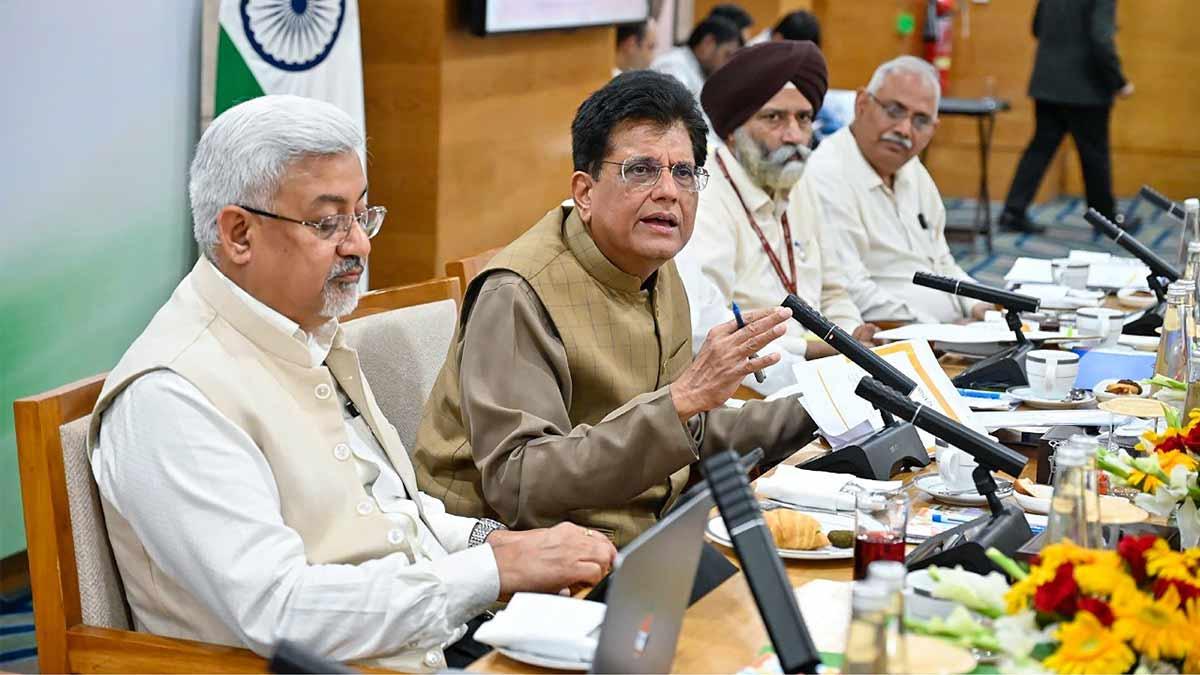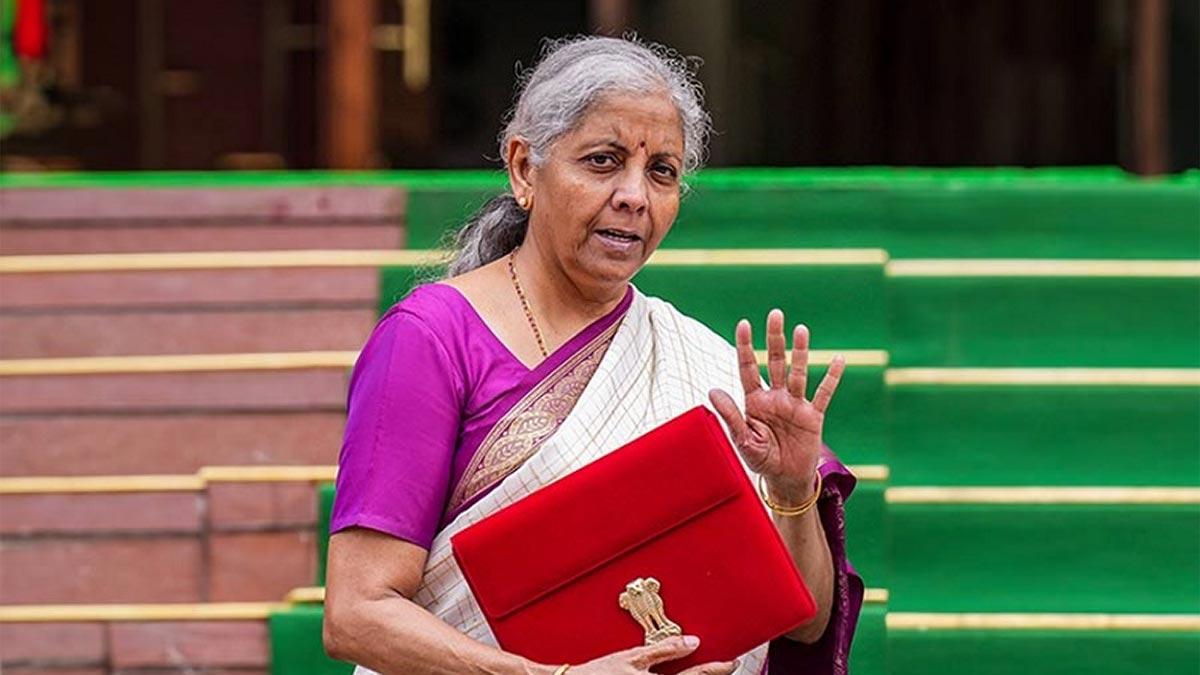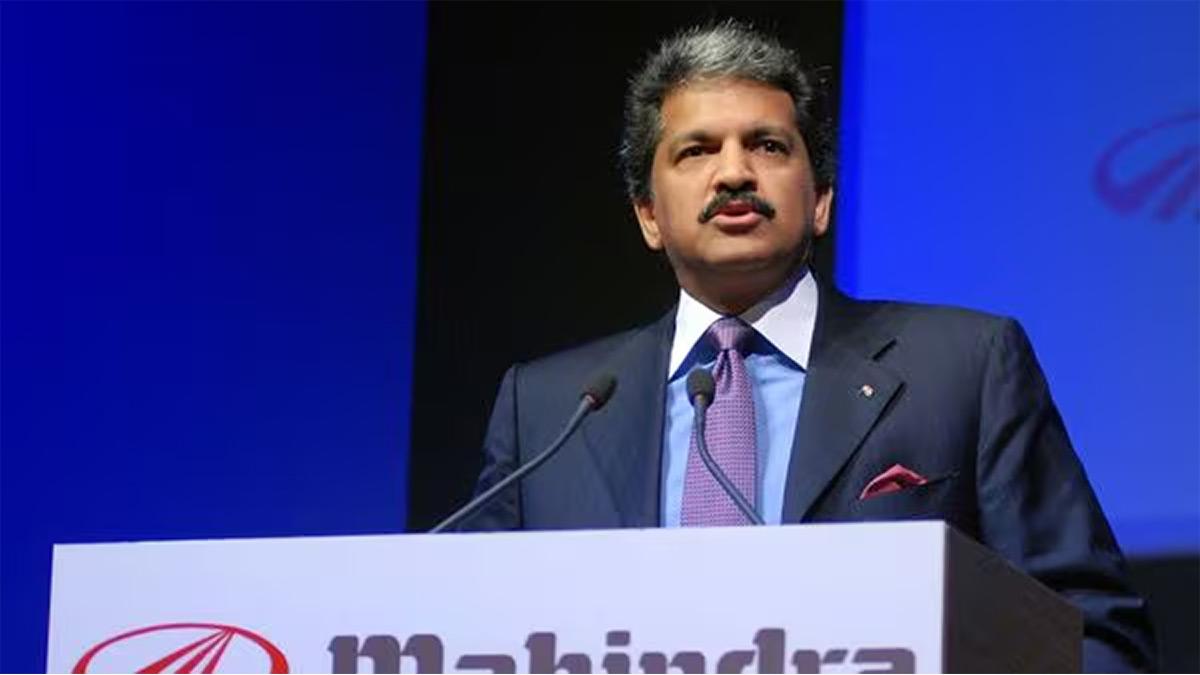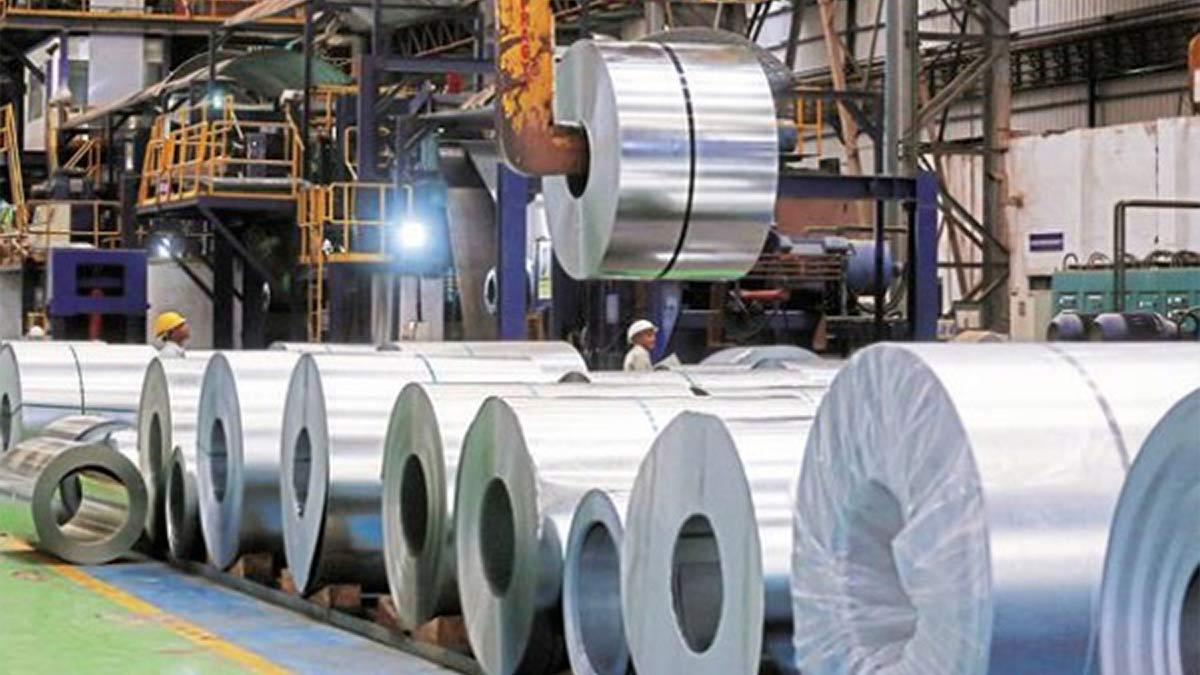Bilateral commerce between India and the United Kingdom is expected to increase by around 15 percent per annum until 2030, partly due to the expected rollout of the newly inked free trade deal (FTA) in the next one year, says a report issued on Friday.
The just-finished India-UK FTA presents a strategic chance for Indian industries to further their presence in the UK market, boost domestic manufacturing, and generate overall economic growth, noted the CareEdge Ratings report.
"This vintage FTA also facilitates investment, joint ventures, and collaboration in services, thus deepening economic ties. Going forward, this agreement is a turning point in India-UK economic collaboration, which opens new doors for business, increases manufacturing, and enriches consumer markets," according to D Naveen Kumar, Associate Director at CareEdge Ratings.
Currently, India-UK trade accounts for about 2 percent of India's total trade, but it has increased steadily at a compound annual growth rate (CAGR) of 11 percent over the past decade.
India and the UK finalized the free trade deal after nearly three years of negotiations on May 6.
The agreement stipulates that India will reduce tariffs on 90 percent of British products, with 85 percent being completely duty-free within a decade. The UK, on its part, will reduce tariffs on some Indian goods, and 99 percent of Indian exports to Britain will be duty-free.
The report further noted, "Some of the benefits for Indian exporters through FTA would include improved access to the market, stable supply chains, increased competitiveness, increased volumes and fresh growth opportunities."
Through the reduction of tariffs and removal of trade barriers, the FTA is poised to enhance India's exports substantially and render Indian products competitively priced and more palatable to UK buyers.
The pact also offers respite to exporters who have been grappling with poor sales and uncertainty regarding possible retaliatory US tariffs.
Big industries that stand to benefit from reduced tariffs and streamlined rules are cars, whisky, engineering machinery, and medicines.
The report also mentioned the probable benefits for Indian gems and jewellery manufacturers, who can benefit from the UK's wealthy consumer base and developed luxury industry.
Tariffs on a number of electrical and engineering products now range from 8 to 14 percent. Removal of these tariffs under the India–UK FTA is expected to place Indian manufacturers distinctly ahead of global competitors, concluded the report.
Read also| UK Court Denies Bail to Fugitive Diamond Tycoon Nirav Modi
Read also| India Withdraws Security Clearance for Turkey’s Celebi Airport Services


















